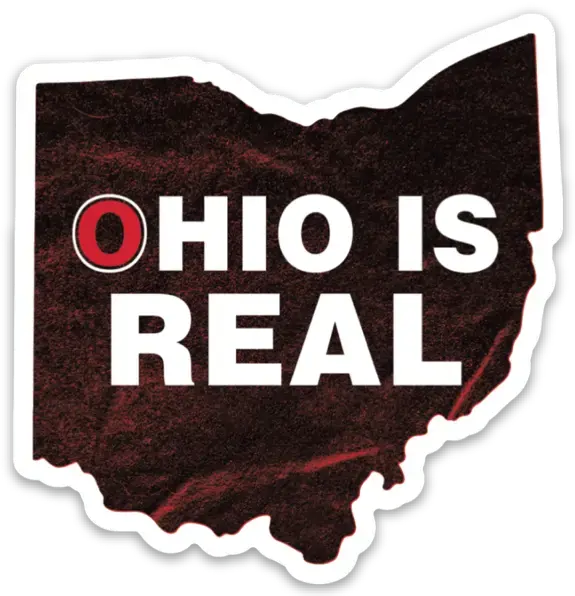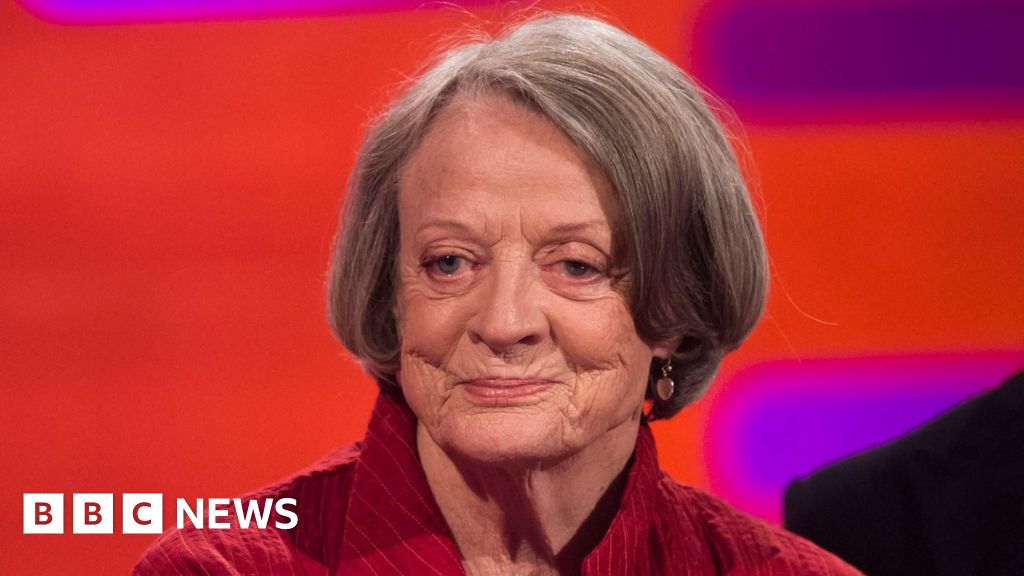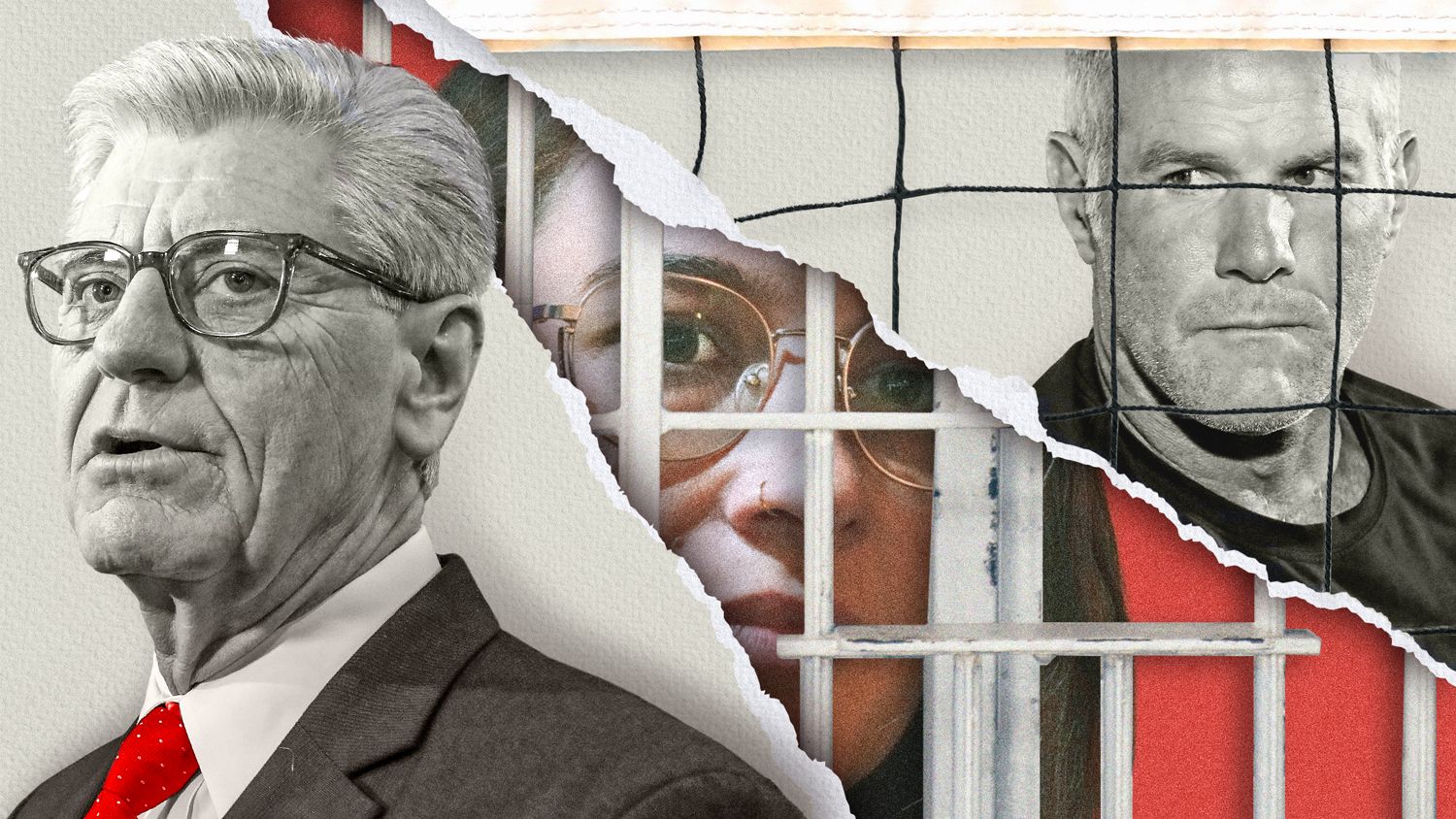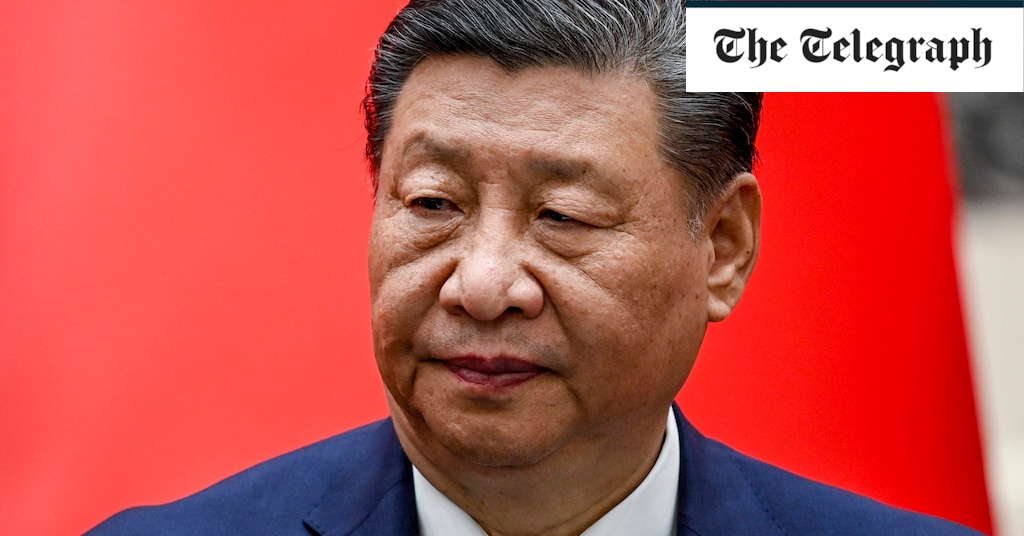Five
Admin at Slrpnk.net
Pronouns: they/he
The Five Filters of the Propaganda Model
Admins PM me for access to Fedi Admin Guild Loomio
- 1.88K Posts
- 545 Comments



Tom Nicholas is really great in this piece. SLRPNK link

People who get angry at Just Stop Oil tactics are just showing their ignorance of civil rights and protest history.
 61·2 days ago
61·2 days agoYes, unsubstantiated means “no evidence.”
As the saying goes, absence of evidence is not evidence of absence.
 251·3 days ago
251·3 days agoUnsubstantiated by Snopes is not the same as false.

Alex de Vries predicted that current AI technology could be on track to annually consume as much electricity as the entire country of Ireland (29.3 terawatt-hours per year). For comparison, the Cambridge Bitcoin Electricity Consumption Index suggests Bitcoin uses 141-160 terawatt-hours (TWhs) of electricity annually. That’s ~0.7% of the world’s consumed electricity in 2022. The process of minting cryptocurrency is a very public activity, so the numbers are difficult to fudge. The cost of bringing extremely expensive nuclear reactors back online and driving demand for environmentally destructive Uranium mining and processing suggests de Vries’ guess was conservative.
I’m reminded of Jevon’s Paradox as applied to energy generation. I hope the AI bubble pops before much more investment goes into nuclear energy.

 3·3 days ago
3·3 days ago‘AI’ in the sense of machine learning algorithms is very old technology, and has seen revolutionary applications at every step of its development. Eliza was created in the 1960s and demonstrated that if the test of a computer’s artificial intelligence was whether it could fool a human that it was sentient, the value of that test depended very heavily on how willing the human correspondent was to ‘fill in the blanks.’ The results of those experiments show that the average person is extremely willing to fill in the blanks even when the technology is full of gaping holes.
In the podcast, they’re talking specifically about ChatGPT-style technology, its flaws, and the willingness of people to ‘fill in the blanks’ in a new dimension – to assume LLM technology is a truckload more graphics cards or a nuclear reactor away from what sci-fi writers mean when they say ‘Artificial Intelligence’ – and that is evidently false.

 3·5 days ago
3·5 days agoThe petro-billionaire people who brought you “The Line” are joining up with the badly conceived Octopus Crane Tower idea people to bring you something that definitely will never be built and probably has deep conceptual flaws.
The important take away from this performance art is that the people causing global warming and who stand to benefit from pumping even more carbon into the air to are working on clever solutions to reverse it, and you can continue living your life as if things will eventually return to the pre-climate crisis status quo.

 1·5 days ago
1·5 days agoCNN is part of the Warner Bros. Discovery advertising portfolio.
MBFC classifies pro-Palestinian, anti-Israel, and anti-genocide bias in reporting as left-biased, but also classifies CNN as Left-Center biased. CNN staff say network’s pro-Israel slant amounts to ‘journalistic malpractice’.

 4·5 days ago
4·5 days agoABC News is a brand of Disney Advertising.
Manufacturing Consent has this to say about Disney news media:
Ben Bagdikian notes that when the first edition of his Media Monopoly was published in 1983, fifty giant firms dominated almost every mass medium; but just seven years later, in 1990, only twenty-three firms occupied the same commanding position.
Since 1990, a wave of massive deals and rapid globalization have left the media industries further centralized in nine transnational conglomerates-Disney, AOL Time Warner, Viacom (owner of CBS), News Corporation, Bertelsmann, General Electric (owner of NBC), Sony, AT&T-Liberty Media, and Vivendi Universal. These giants own all the world’s major film studios, TV networks, and music companies, and a sizable fraction of the most important cable channels, cable systems, magazines, major-market TV stations, and book publishers. The largest, the recently merged AOL Time Warner, has integrated the leading Internet portal into the traditional media system. Another fifteen firms round out the system, meaning that two dozen firms control nearly the entirety of media experienced by most U.S. citizens. Bagdikian concludes that “it is the overwhelming collective power of these firms, with their corporate interlocks and unified cultural and political values, that raises troubling questions about the individual’s role in the American democracy.”

 3·5 days ago
3·5 days agoVoice of America (VOA) is a state media network funded by the United States of America, whose purpose is to project soft power through journalism.
In 2005, the Washington Post reported that suspected Al-qaeda operatives were flown into Thailand to be detained and tortured. VOA’s remote relay radio station in Udon Thani province has been widely suspected to be the torture site.

 21·5 days ago
21·5 days agoManufacturing Consent has this to say about PBS:
Globalization, along with deregulation and national budgetary pressures, has also helped reduce the importance of noncommercial media in country after country. This has been especially important in Europe and Asia, where public broadcasting systems were dominant (in contrast with the United States and Latin America). The financial pressures on public broadcasters has forced them to shrink or emulate the commercial systems in fund~raising and programming, and some have been fully commercialized by policy change or privatization. The global balance of power has shifted decisively toward commercial systems.
James Ledbetter points out that in the United States, under incessant right-wing political pressure and financial stringency, “the 90s have seen a tidal wave of commercialism overtake public broadcasting,” with public broadcasters" rushing as fast as they can to merge their services with those offered by commercial networks." And in the process of what Ledbetter calls the “mailing” of public broadcasting, its already modest differences from the commercial networks have almost disappeared. Most important, in their programming “they share either the avoidance or the defanging of contemporary political controversy, the kind that would bring trouble from powerful patrons.”

 2·5 days ago
2·5 days ago- Horrific scenes … an Israeli drone targeted 5 unarmed Palestinian civilians in Al Sikka area in Khan Younis city in the beginning of February 2024. (NSFL)
- Israel-Hamas war updates: Israeli strike hits Gaza medical convoy
- Israeli warplanes hit UNRWA schools in Gaza with white phosphorus
- The Protest Dispersed. Then an Israeli Sniper Shot a 9-year-old Palestinian Boy in the Head
- Israel attacked a UN-run school housing refugees in Gaza despite warnings that civilians were there, the UN has said.
- Initial IDF probe: Hostages were shirtless, waving white flag when soldiers opened fire
- Israel deliberately killed Al Jazeera reporter Shireen Abu Aqla, Palestinian report says - BBC News
- Chef Jose Andres says Israel targeted his aid workers ‘systematically, car by car’
That looks great! Where is this?

 2·11 days ago
2·11 days agoFuck yeah!

 1·12 days ago
1·12 days agoThese structural factors that dominate media operations are not alI-controlling and do not always produce simple and homogeneous results… The beauty of the system, however, is that such dissent and inconvenient information are kept within bounds and at the margins, so that while their presence shows that the system is not monolithic, they are not large enough to interfere unduly with the domination of the official agenda.
–Edward S. Herman and Noam Chomsky, “Manufacturing Consent”

 6·12 days ago
6·12 days agoEl Pais is a brand of PRISA, an advertising and media conglomerate with headquarters in Madrid, Spain.

 1·12 days ago
1·12 days agoCNN is part of the Warner Bros. Discovery advertising portfolio. CNN staff say network’s pro-Israel slant amounts to ‘journalistic malpractice’.

 2·12 days ago
2·12 days agoVoice of America (VOA) is a state media network funded by the United States of America, whose purpose is to project soft power through journalism. In 2005, the Washington Post reported that suspected Al-qaeda operatives were flown into Thailand to be detained and tortured. VOA’s remote relay radio station in Udon Thani province has been widely suspected to be the torture site.






























